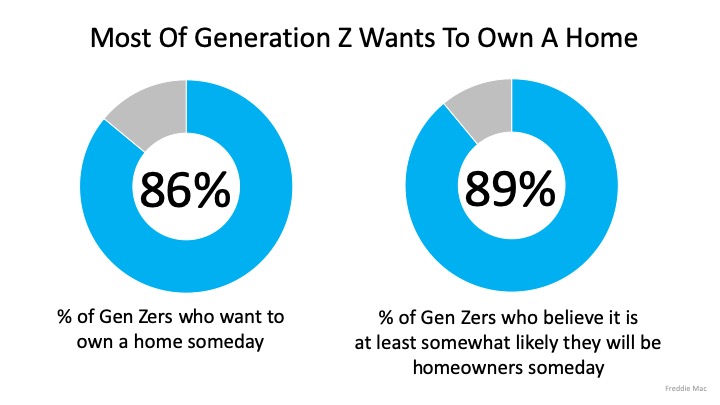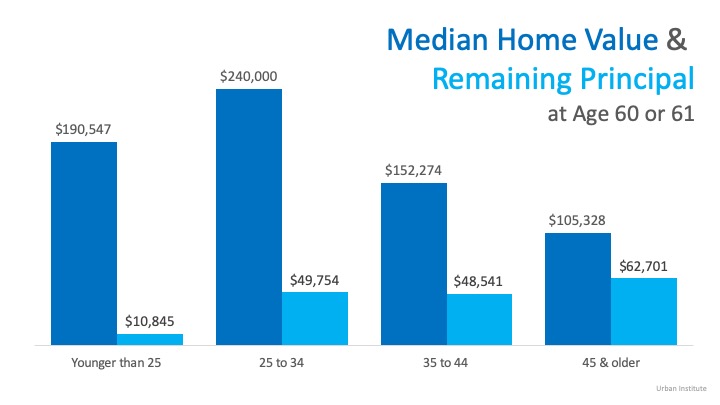5 Mistakes to Avoid When Investing in Commercial Real Estate
Investing in commercial real estate promises lucrative earning opportunities. To maximize all this potential, you must know the right steps to take – as well as the crucial ones to avoid – throughout this endeavor.
On this page, The Metropolist Group focuses on the latter. Here are five common missteps and oversights that can derail your investment:
1. Doing everything on your own
If you want a stress-free and cost-efficient experience when you purchase a commercial property, work with a real estate professional.
Look for an agent who has experience in the commercial property market, especially involving your preferred type of property (e.g. office space, retail space, industrial building, etc.). Their expertise and local professional network will be your invaluable resource as you navigate the property buying process from start to finish.
2. Using inaccurate property valuations
Paying more for what a property is actually valued on the market will snowball into larger losses for your business in the future.
Before agreeing to any deal, make sure that you are aware of every feature, highlight, and even flaw of the property you are buying. Equally as important is knowing that are spending the right amount for it.
3. Failing to perform due diligence
One thing in common between commercial and residential properties is the necessity for due diligence before closing any deals.
For commercial real estate investors, several factors are necessary to make deliberate, fully informed decisions. Examples include:
- A full inspection of the entire property
- Reviewing the lender’s underwriting requirements
- Assessing the location relative to the nature, purpose, and target market of your business
- Understanding how local zoning ordinances affect how you can use the property
- Conducting a thorough risk assessment for the investment
- Reviewing the business profiles and existing leases of current tenants
- Searching for potential hidden charges in the property’s sale terms
Simply put, always take your time when buying commercial real estate – even if you are competing against others for your targeted property. Act only when you are sure that the investment puts you in a position to generate returns, rather than incurring losses.
4. Focusing primarily on the return on investment
A commercial property’s projected return on investment (ROI) often stands out as a useful indicator of its viability as an investment asset. But don’t limit your decision on this factor alone.
Consider cash flow, property appreciation, and how much equity you gain as you pay off your mortgage. Inquire about any tax benefits that you may qualify for when you purchase a commercial property.
5. Lack of planning and foresight
Acquiring commercial real estate requires significant long-term planning. Equipped with a feasible business plan, consider your company’s growth trajectory. Will the commercial building be able to accommodate an increase in personnel and equipment?
Planning ahead also involves coming up with an exit strategy. Whether or not your investment pays off, an exit strategy will enable you to facilitate a smooth transition to your next move.
Make the most out of your commercial real estate investment opportunities in the Seattle metropolitan area. Get in touch with our experts today by calling 206-623-5118 or emailing [email protected].
The post 5 Mistakes to Avoid When Investing in Commercial Real Estate appeared first on METROPOLIST.
from METROPOLIST https://ift.tt/36l73JI
via IFTTT











 Also, we’ve broken the data out by neighborhood provided by
Also, we’ve broken the data out by neighborhood provided by 



